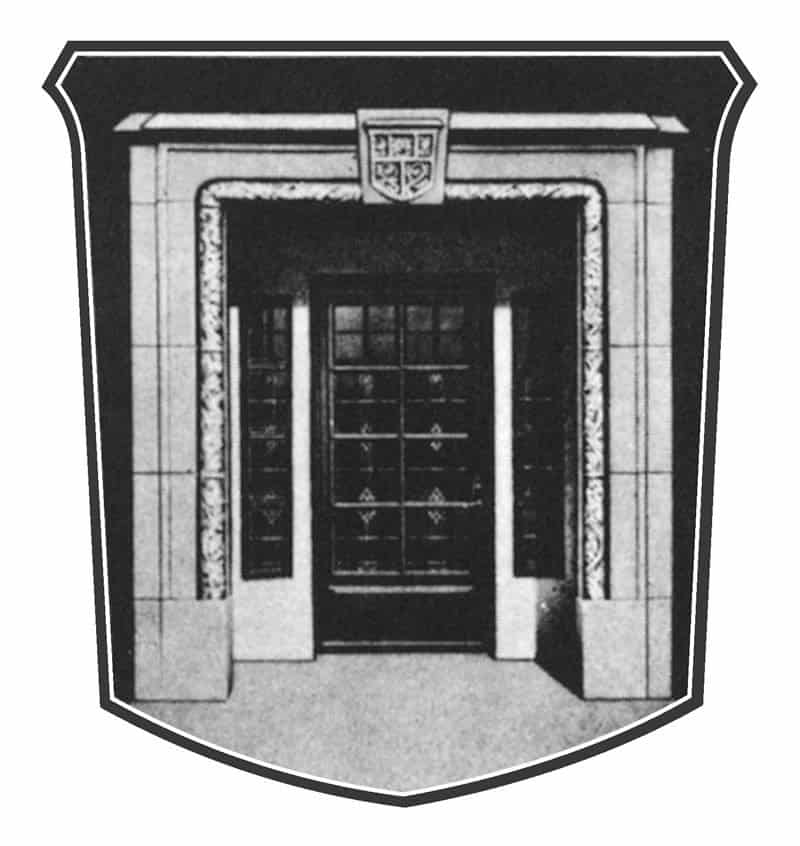By Dr. Royal Lee
 Summary: “What is refined sugar?” Dr. Royal Lee asks in this provocative excerpt and then answers, “It is pure carbohydrate. [And] is carbohydrate an essential food, a food component without which we could not live? It certainly is not.” Today people are picking up on the fact that while there are essential fats and there are essential amino acids (the building blocks of proteins), there is no such thing as an essential carbohydrate. The content here is excerpted from the 1952 article “This Molasses War—Who Is Prevaricating,” in which Dr. Lee expounds on the critical difference between whole-food sweeteners and refined ones. From Let’s Live magazine, 1952. Reprinted by the Lee Foundation for Nutritional Research.
Summary: “What is refined sugar?” Dr. Royal Lee asks in this provocative excerpt and then answers, “It is pure carbohydrate. [And] is carbohydrate an essential food, a food component without which we could not live? It certainly is not.” Today people are picking up on the fact that while there are essential fats and there are essential amino acids (the building blocks of proteins), there is no such thing as an essential carbohydrate. The content here is excerpted from the 1952 article “This Molasses War—Who Is Prevaricating,” in which Dr. Lee expounds on the critical difference between whole-food sweeteners and refined ones. From Let’s Live magazine, 1952. Reprinted by the Lee Foundation for Nutritional Research.
Carbohydrate Not Essential[spacer height=”20px”]
Since molasses has been brought to the attention of the public by a few nutritionists who recognize its merits, many articles have appeared decrying its food values, trying to insinuate that it is an “impure waste product.”
To understand why such opinions could be so well distributed, we must look to the psychology of the gentlemen who set the stage for our untimely death by promoting foods that are not capable of supporting life, the men who promote the sale of all the death foods that have the essential fractions carefully refined out.
Carbohydrate Not Essential
What is refined sugar? It is pure carbohydrate. Is carbohydrate an essential food, a food component without which we could not live? It certainly is not. Steffanson has shown that the Eskimo lives in perfect health without a trace of carbohydrate in his diet.
Then how about the minerals and vitamins that are removed from the sugar in refining but are available in the molasses? Ha, that is something else again. These minerals and vitamins are absolutely necessary to life.
So we see that in ridiculing molasses, somebody has been trying to make us believe that black is white. Somebody has been trying to lull us into thinking that we can live without essential foods. Let us list these essential foods—as far as we can with the limited amount of knowledge we possess at this crude stage of human civilization—and note what a deficiency of each can do to our health and happiness.
Many Vitamins
There are vitamins in sugarcane not found in refined sugar: a fair source of thiamine and riboflavin, a good source of niacin, and a rich source of pantothenic acid (Merck Research Laboratory); a rich source of the anti-arthritic factor (Wulzen factor); a good source of vitamin E, since all green plants carry this vitamin; and a rich source of the plant sterols that are a part of the vitamin E complex, which act as precursors of the sex hormones.
Here are the minerals in molasses: potassium, sodium, magnesium, iron, phosphorus, silica, copper, manganese, zinc (Winton, v. LV, Structure and Composition of Foods).
Protects
The phosphorus in cane juice is in the part as phospholipids, those fatty compounds in foods that protect our nerve insulations [and] whose deficiency is devastating in the degenerative changes that can follow.
The manganese is essential as an enzyme activator; flat feet and weak ligaments may result from a deficiency. We all suffer from some degree of lack, no doubt, of this essential trace mineral.
Lung Function
Zinc is necessary as a probable organic precursor of insulin. It, too, is a part of some enzyme (carbonic anhydrase in particular, without which we could not transport carbonic acid in the blood, meaning we cannot maintain lung function without it). It is quite probable that organic zinc protects us from diabetes.
[End of excerpt]
By Royal Lee, President, Lee Foundation for Nutritional Research, Milwaukee, Wisconsin. Reprinted from Let’s Live magazine, 1133 N. Vermont Ave, Los Angeles 29, California, December 1952, by the Lee Foundation for Nutritional Health.


This is great information – thank you!
You’re welcome!